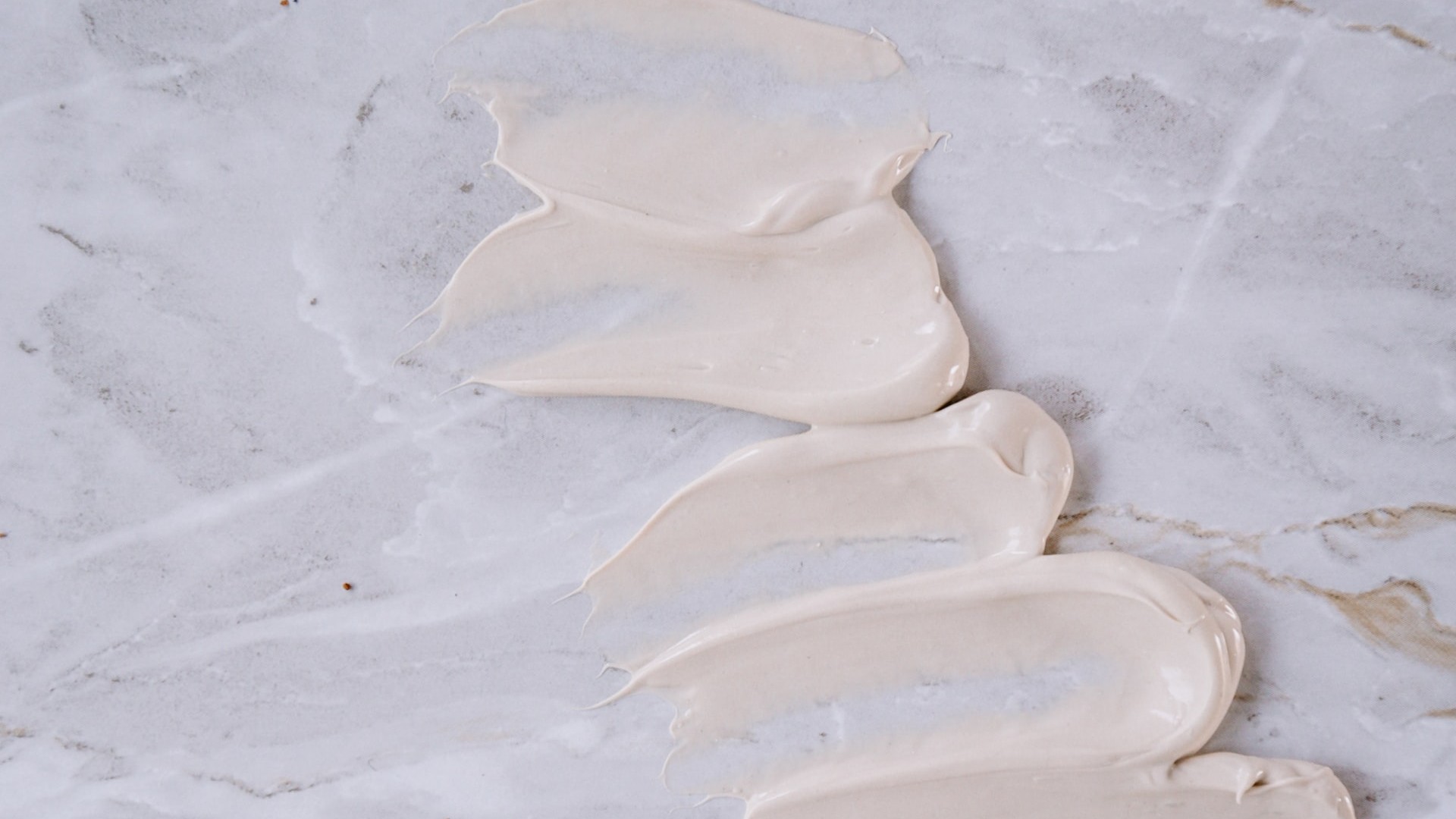Formulate user Aleece has a question about using primer prior to putting on makeup:
Hi there! I know people who swear by primers and some people who hate them. I feel like generally my makeup looks a little better when I use a primer, but I'm not always really totally sure. It could just be that I think it looks better because I know I applied the primer, if that makes sense. Or that I was just more careful putting my makeup on because I went to the trouble of priming my face. Or it could be that I'm more likely to put moisterizer on first before I use primer, maybe it's the moisturizer that makes it look better. Anyway, my boyfriend thinks my makeup looks the exact same at the end of the day regardless of if I applied primer or not. I really want to know if I should continue to bother buying and using a primer. Also, how do I know what kind of primer I should use? Is there one that's like an industry gold standard? Because if I'm going to bother putting it on my face everyday I might as well use a good one.
Thanks for writing, Aleece! To answer your questions, we spoke with makeup pros Fiona Taylor, the owner and lead artist of Faces by Fiona, and Kristen Mesecher, licensed cosmotologist and manager of Beauty School Near You. We've included our conversation with them below!
Is primer necessary for makeup to all day long?
Kristen: Many people have personal opinions about primer vs. no-primer makeup routines. Some feel that primer makes their foundation look better and lasts longer, while others find that primer can be drying or irritating to the skin. Many also feel that it doesn't make a difference, and find that their foundation sits well on top of their skin without the need of a primer.
Ultimately, it's up to you to decide whether or not you want to use primer in your makeup routine. Don't be afraid to experiment with different products and formulations to see what works best for you and your skin type.
Fiona: In my opinion, a makeup face primer is absolutely essential for long wear and how your skin shows up in photos. Since we are living in the age of social media, now is the perfect time to ensure your face is always photo-ready!
How do you pick out a good primer?
Fiona: Primers are made for longer lasting makeup wear in and a more even application and smoother makeup finish. I've never met anyone that didn't have at least one skin issue to correct.
Kristen: There is no one-size-fits-all primer on the market, as the best primer for you will depend on your individual skin type and needs.
Oily/acne prone skin
Kristen: Choose a silicone-based primer if you want something that will help your foundation slide on smoothly and last all day.If you have oily or acne-prone skin, look for a primer that is oil-free and non-comedogenic (meaning it won't clog your pores).
Fiona: Skin that is prone to acne and oiliness shines badly in photos. The use of a silicone-based primer is useful for creating a barrier to prevent oil from breaking through the makeup. In addition, silicone primers smooth roughness and soften the look of enlarged overactive pores.
Discolored skin
Fiona: Skin that has discoloration, such as redness or hyperpigmentation, benefits from a color correcting primer. There are primers that come tinted in colors like purple and green to help with color correction. Purple helps to counter yellow tones (sallowness) and green helps to counter redness.
Dry skin
Kristen: If you have dry skin, look for a hydrating primer that will help to moisturize your skin and create a smooth base for your foundation.
Fiona: Skin that is dehydrated, dry or mature tends to look cakey, cracked, and flaky over time. Using a nourishing, hydrating water-based primer or primer spray will hydrate and plump the skin which in turn will soften the look of fine lines, dry patches, scaliness and provide lasting suppleness and a healthy, hydrated look throughout the day. If you're applying makeup to skin that is dry and dehydrated, makeup will collect in areas where it is dry and emphasize lines and other imperfections so exfoliating beforehand is important.
Sensitive skin
Kristen: If you have sensitive skin, look for a hypoallergenic primer that won't irritate your skin.
Mature or wrinkled skin
Kristen: If you have mature skin, look for antioxidant infused primers that will help to brighten and improve the overall appearance of your skin. If you gently exfoliate and moisturize beforehand, your makeup will go on smoother, look better, and last longer.
Fiona: Making sure the skin is well hydrated will not only add in helping the skin not produce excessive oil, but also keep from absorbing the makeup products being used. Hydrating the skin also plumps up the skin, which helps to keep makeup from settling into fine lines. Look for ingredients like Squalane, Hyaluronic Acid, and Ceramides.
Combination skin
Fiona: If you have combination skin, spot treat each area of the face with the appropriate type of primer.
Any final wisdom?
Kristen: Once you've narrowed down the type of primer you need, take some time to read online reviews to see which products are the most popular and highly rated. You can also ask for recommendations from friends or makeup artists who have similar skin types to you. Always test out a small amount of primer on your skin before applying it all over your face, as some people can be sensitive to certain ingredients.
Wanna learn more about the world of skin and hair care? Here's your next read:
Frizzy Curly Hair Care 101
How to defrizz your curls and get 'em back into shape!
Hot Rollers Vs. Curling Irons
What's the difference between hot rollers and curling irons?
Difference Between a Mole and a Freckle
What's the difference between a mole and a freckle?
Moisturizer vs Lotion: What's the difference?
Can you use body lotion on your face?
Tips For Washing Hair In Hard Water
This is your guide to washing your hair in hard water
Minimalist Hair
Welcome to the wonderful world of minimalist hair
Type of Combs: Materials and Shapes
Your complete guide to picking out a comb


